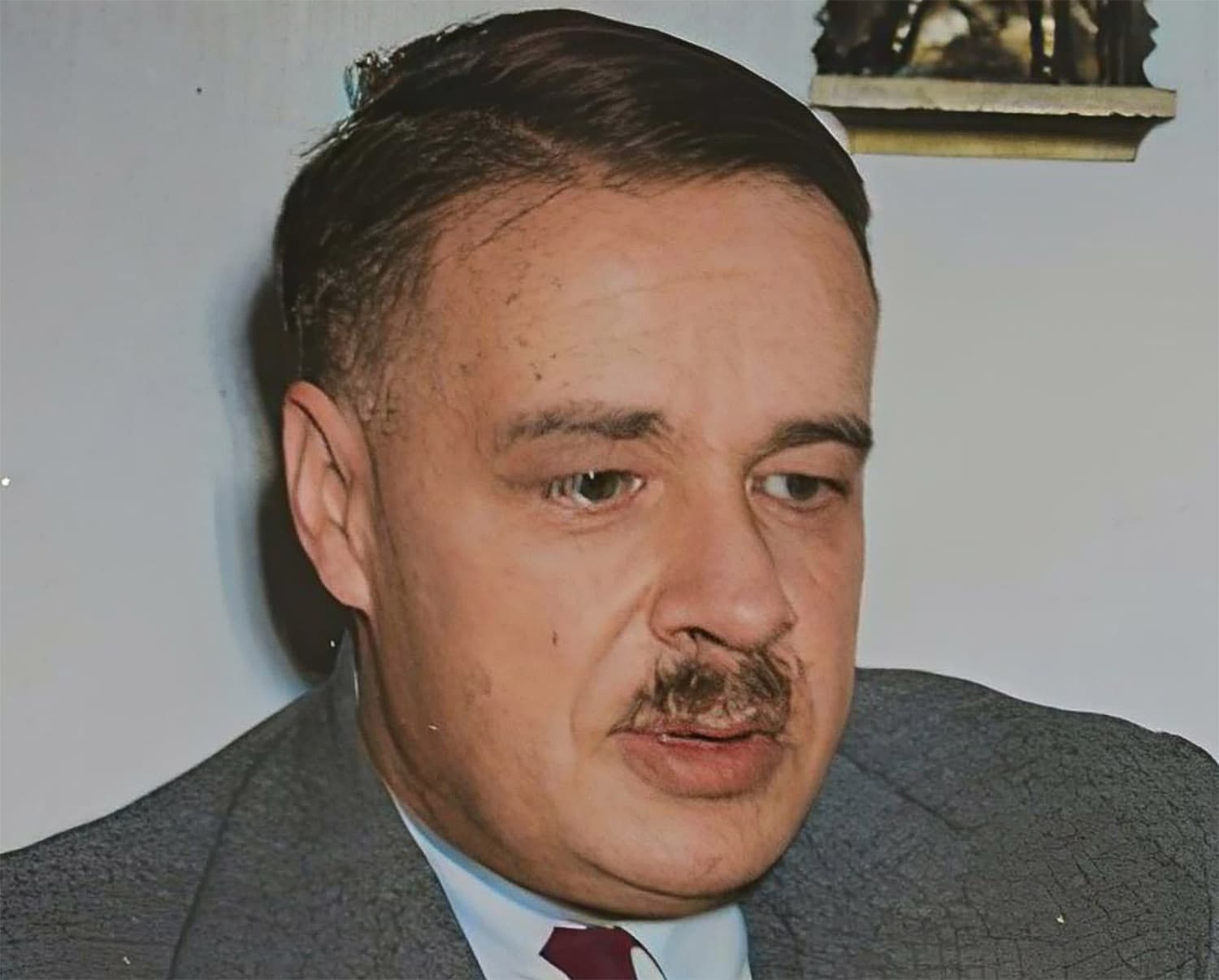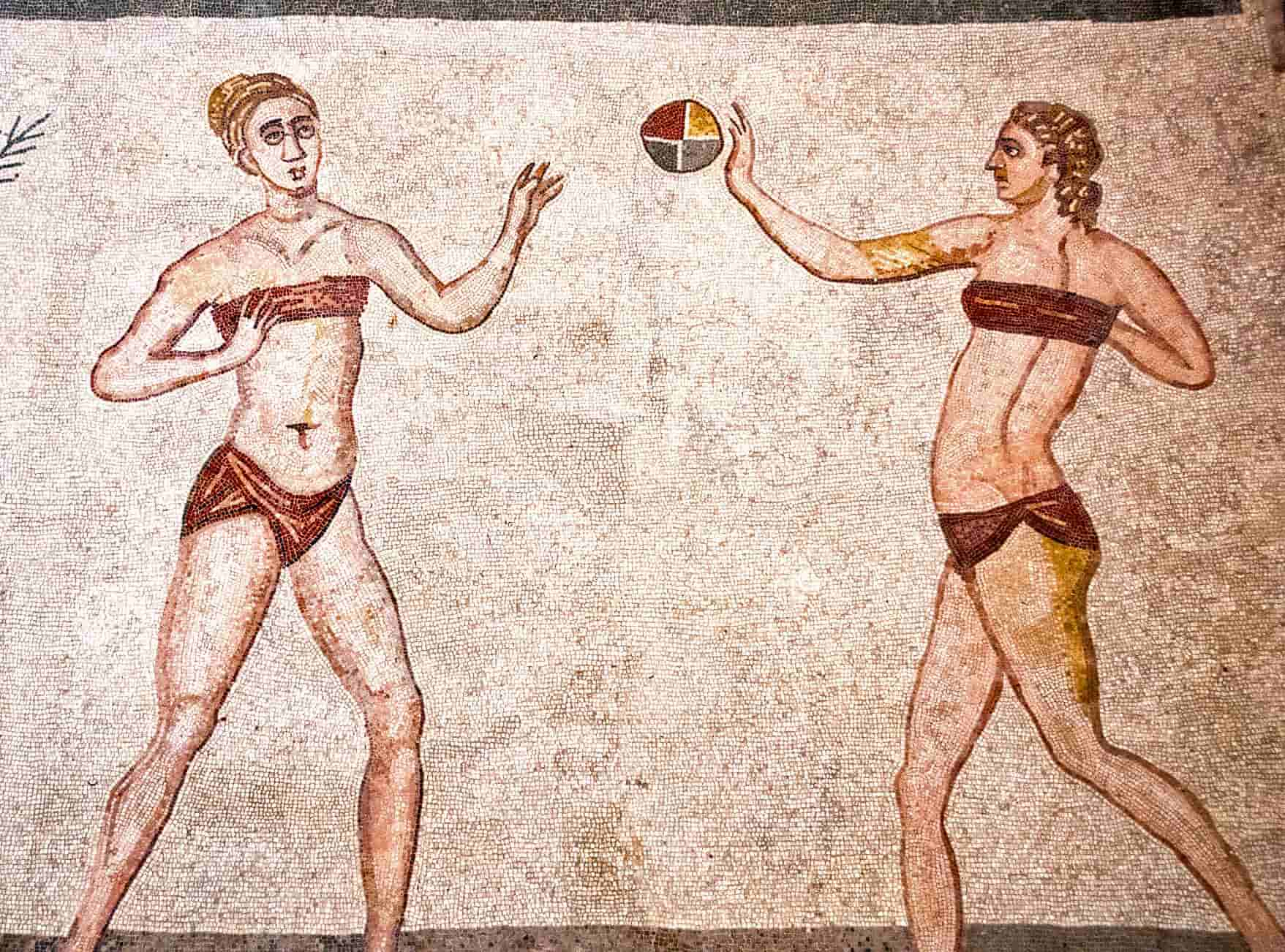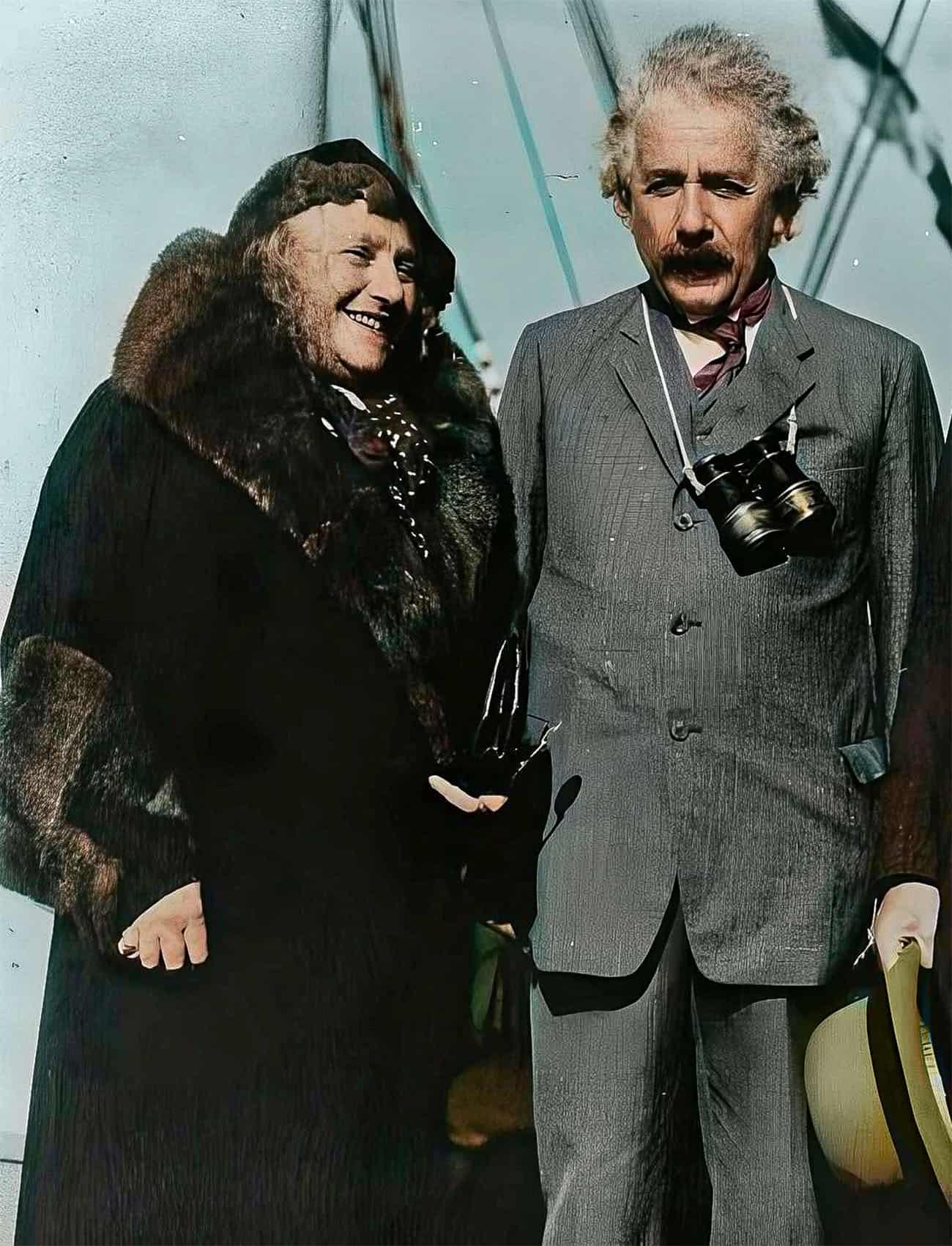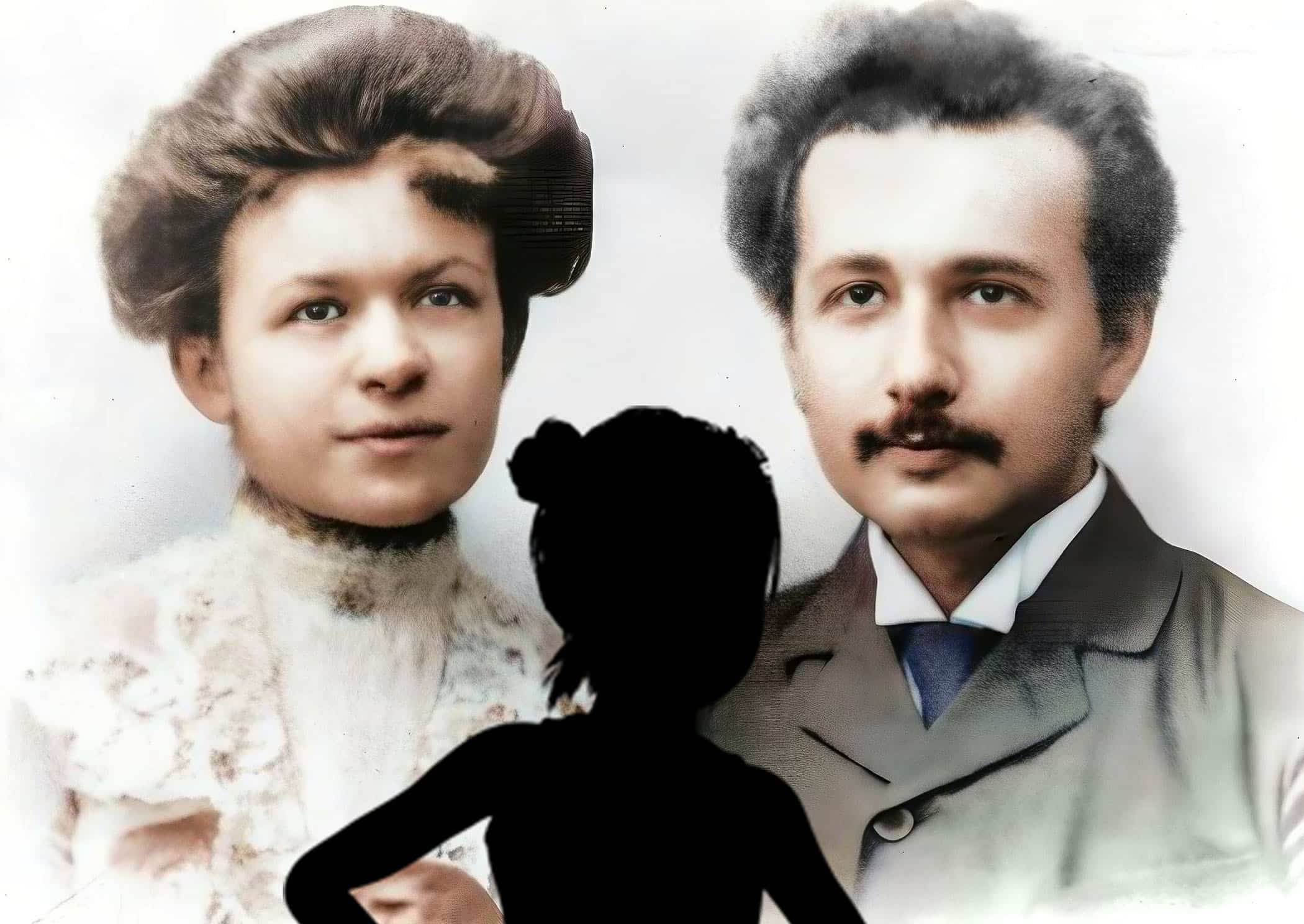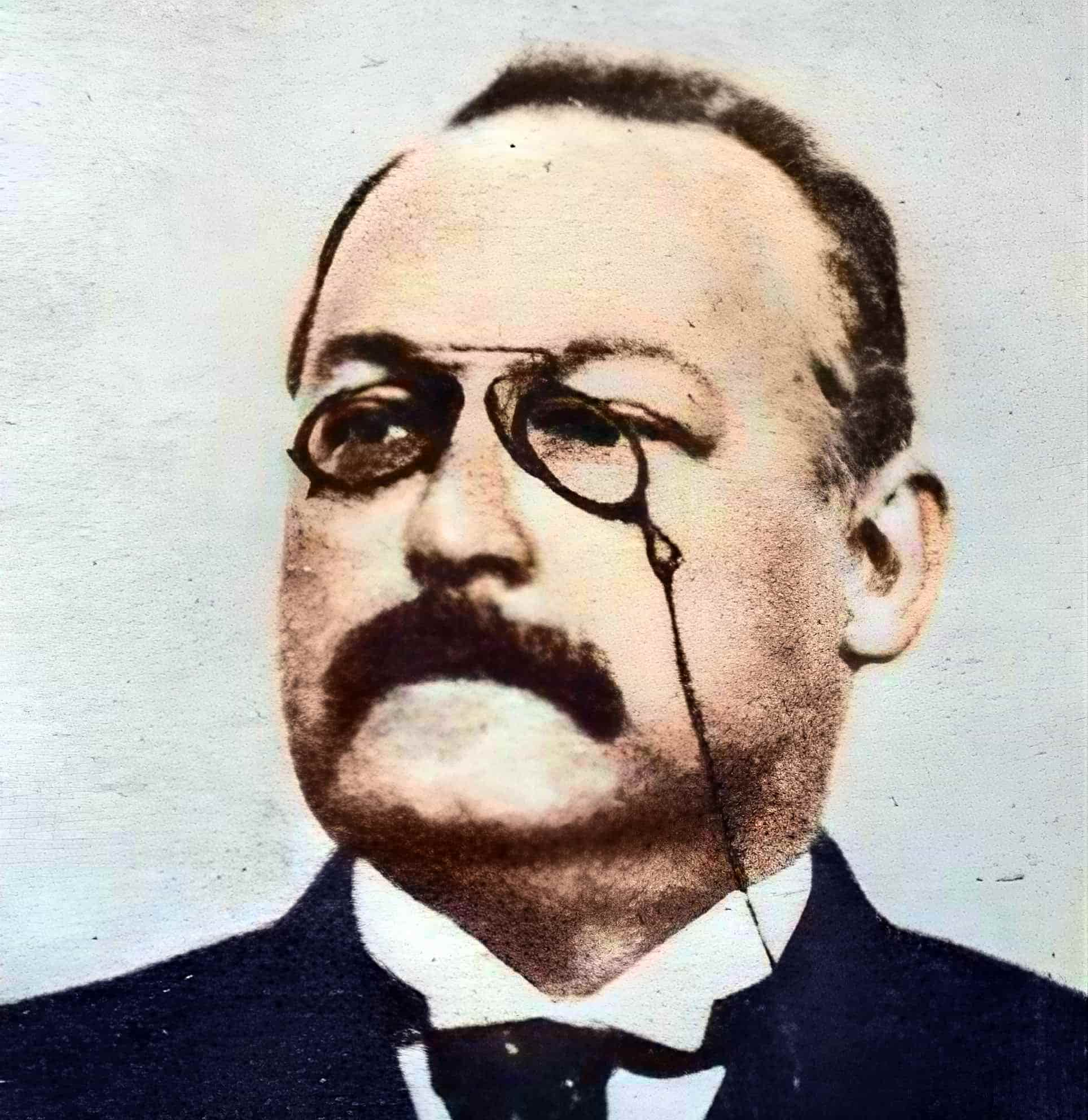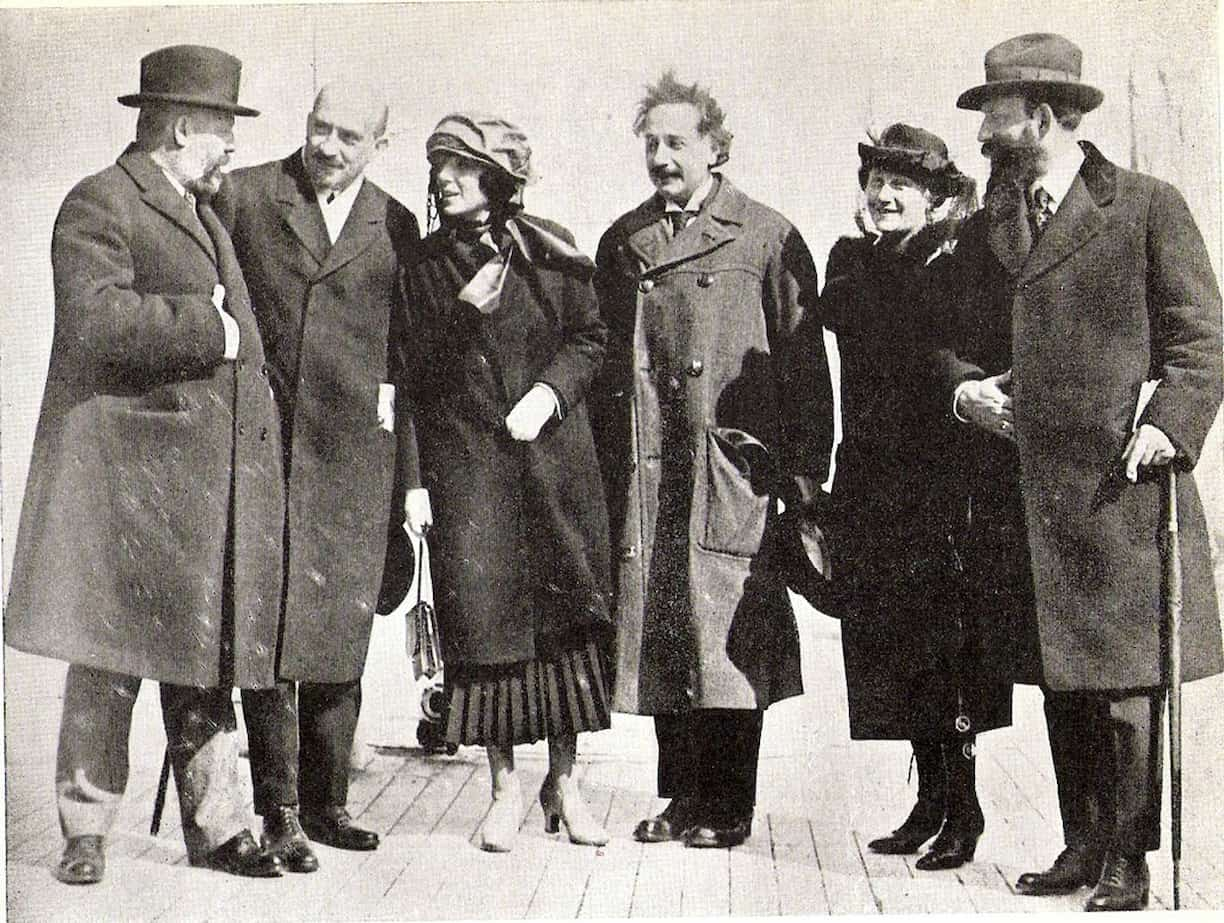- Eduard, Albert Einstein’s son, excelled in poetry and music.
- He was diagnosed with schizophrenia and spent years in psychiatric care.
- Eduard’s literary aspirations were discouraged by his father, Albert Einstein.buy wellbutrin online https://newonlineandblo.com/buy-wellbutrin.html no prescription pharmacy
The second son of Albert Einstein and his wife Mileva Maric, Eduard Einstein was born on July 28, 1910, in Zurich, and died on October 25, 1965, in the same city. Eduard Einstein, whom his father affectionately called “Tete,” was a sensitive little boy who excelled in poetry and music early on in his life. While Einstein’s mother Pauline and the aunt Maja probably met Eduard, the grandfather Hermann died long before that.
Relationship Between Albert and Eduard Einstein
Both Eduard and his brother Hans Albert Einstein were affected by their parents’ divorce and spent most of their childhood in Switzerland with their mother. Most of his teachers liked and respected Eduard. It is widely believed that he did not speak to his father Albert for the first five years following their separation in June 1914. However, there was nothing unusual about his communication with his father throughout his adolescence, even in the 1920s.
The October 1920 visit that Albert Einstein paid to the home of Pastor Camillo Brandhuber (a friend of his from his days in Benzingen) also featured Eduard. On October 7 or 8, 1923, Albert and Eduard once again visited relatives in Ulm, and while there, Albert took Eduard up the tower of Ulm Cathedral.
Together with Hans Albert, they later visited the Lautrach Castle, which belonged to a patron and business associate who was a friend of Albert. Despite some rocky patches, the bond between Eduard and his mother remained strong throughout his childhood.
His Literary Career
Eduard Einstein’s surviving poetry has, like his father’s, frequent sarcastic characteristics; some of it was even published in school newspapers during his lifetime. For instance, the poetic studies by Eduard Einstein examined the perspectives of educators and peers. These analyses not only indicated a socially critical stance but also provided new insight into the precarious position of the bourgeois idyll in German-speaking Switzerland.
A tremendous existential fear, resulting from the enormous insensitivity and absurdity inherent in the world, was reflected in Eduard’s work. This view was prevalent not just in the ‘ivory tower’, but also in the framework of contemporary bourgeois culture.
Classmate and future Nobel laureate in literature Elias Canetti wrote a fictional biography, The Tongue Set Free (1977), on several of the professors mentioned in Eduard Einstein’s character studies. Albert was a major audience for Eduard Einstein’s aphorisms, in which he makes references to the likes of Sigmund Freud and Friedrich Nietzsche.
Albert provided him with comments on his writings, but he understandably discouraged the son from pursuing a career in literature.
Eduard Einstein’s Schizophrenia
Eduard was originally admitted to the Burghölzli psychiatric facility in Zurich in October 1932. He received a diagnosis of schizophrenia in January 1933. According to Albert Einstein, Eduard’s ailment ran predominantly in the family of his mother.
Albert cutting off contact with his son after his last clinic appointment is just an urban tale. Eduard’s correspondence with his now-American father just became sparser over time due to the physical distance between the two. It’s also worth mentioning that the career Eduard took was of no interest to Einstein.
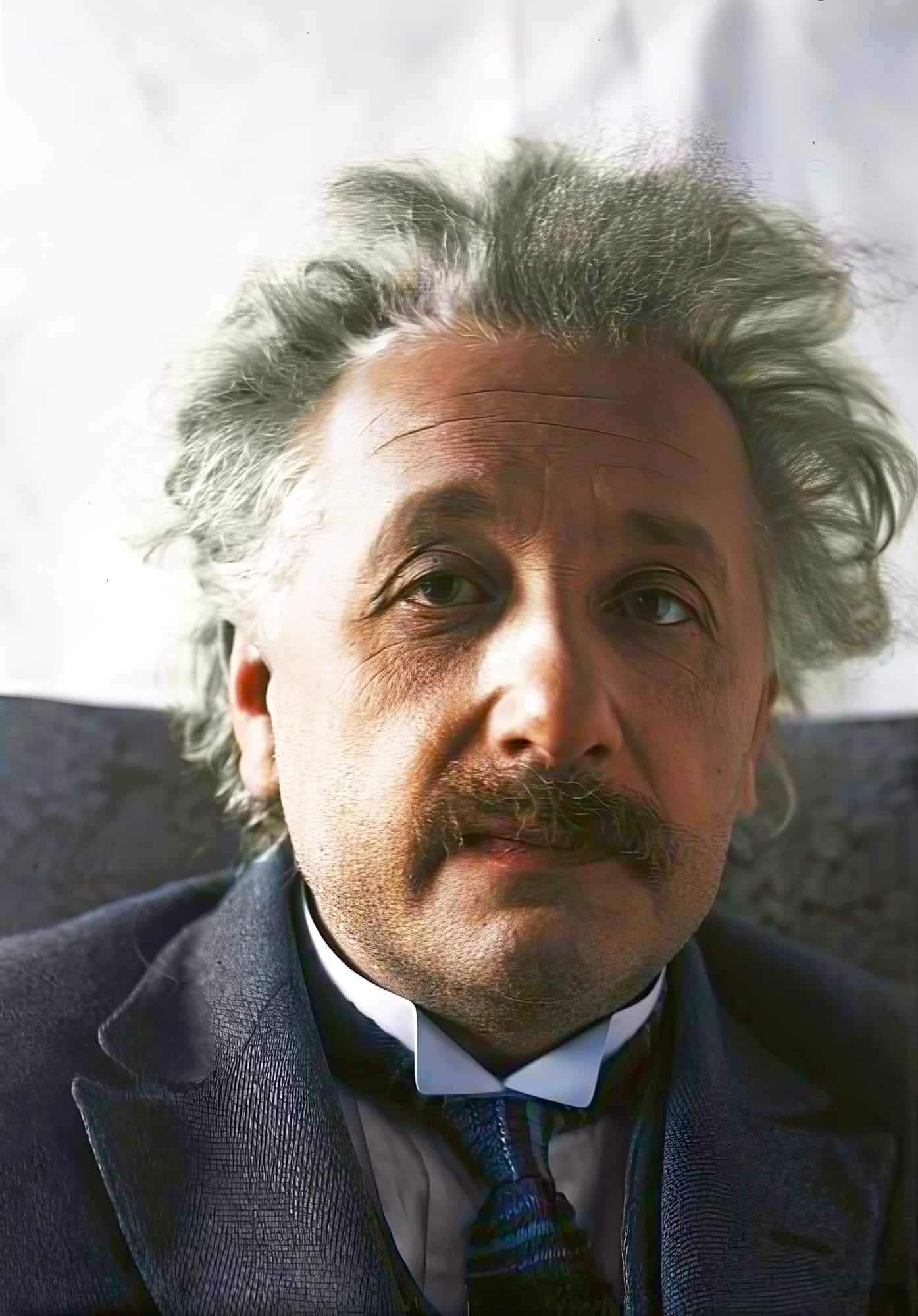
The End of Eduard’s Life
Eduard Einstein spent almost 14 years in the Burghölzli psychiatric hospital in Switzerland. This period of time includes various stays of a few months in the city, each between 1942 and his mother’s death in 1948. But he especially spent the final eight years of his life in the hospital until his death at age 55 in the autumn of 1965.
Carl Seelig, the biographer of Albert Einstein who also cared for Robert Walser and others, was a father figure to Eduard from 1952 until Carl’s untimely death in 1962.
Looking for More
In addition to what has already been made public in the various volumes of The Collected Papers of Albert Einstein, which encompass his life up to 1923, additional details regarding Eduard Einstein’s life can be located in various other sources. For instance, Franziska Rogger’s work Einstein’s Sister (in German) provides insights, particularly regarding Eduard’s initial admission to Burghölzli, as found on page 124 of her book.
Furthermore, the Swiss historian Alexis Schwarzenbach’s publication titled The Spurned Genius offers similar information, which is documented on page 188 of his work.
One can also refer to Hans Albert Einstein: His Life as a Pioneering Engineer by Robert Ettema and Cornelia F. Mutel which provides insights on Eduard throughout the book.



